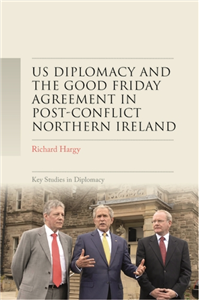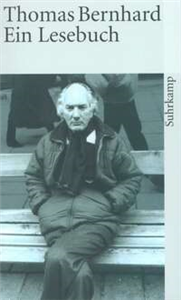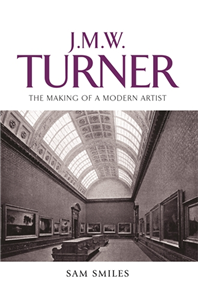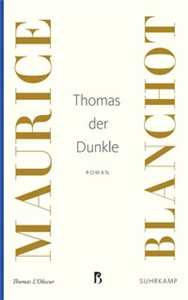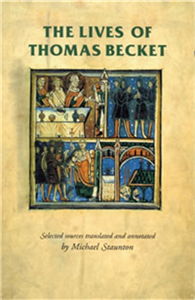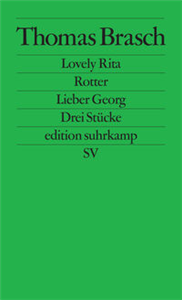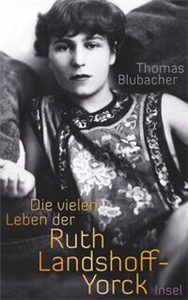Roman
Seit der Aufklärung setzten wir das »Obskure« mit dem Dunklen und Verdächtigen gleich: Was mit den Mitteln der Vernunft nicht zu begreifen ist, soll beseitigt werden. Der Held in Thomas der Dunkle (1941) wendet sich gegen eine leichtfertige Ablehnung des Obskuren und bekennt: »Aber wer mich betrachtet hat, hat gefühlt, daß der Tod sich auch zur Existenz gesellen und den entscheidenden Satz prägen kann: Der Tod existiert.«
Blanchots Schreiben umkreist Begriffe wie Stille, Abwesenheit und Vergessen, mit denen er unsere Erwartungshaltung immer wieder aufs Neue auf die Probe stellt. Unverrückbar steht hinter allem die Gewissheit, dass der Tod als nie zu erfassende existenzielle Not unser Leben bestimmt. Blanchots Werke, stilistisch erinnernd an Franz Kafka und den Marquis de Sade, entmachten die herkömmlichen Kategorien des Erzählens, sie proklamieren ein neues Verständnis von Raum, Zeit und Stimme und reißen Grenzen ein zwischen theoretischem und Prosawerk.
Thomas der Dunkle zeigt alle Facetten von Blanchots Erzählkunst: Erinnerungen und innere Monologe beherrschen das Geschehen in surrealen Welten. Mit seinen Schriften nahm er maßgeblich Einfluss auf Poststrukturalismus, Diskurstheorie und den Nouveau Roman. Die Werke von Theoretikern wie Michel Foucault, Jacques Derrida, Jean-Luc Nancy, aber auch diejenigen zahlreicher Dichter und bildender Künstler sind ohne ihn nicht zu denken.








